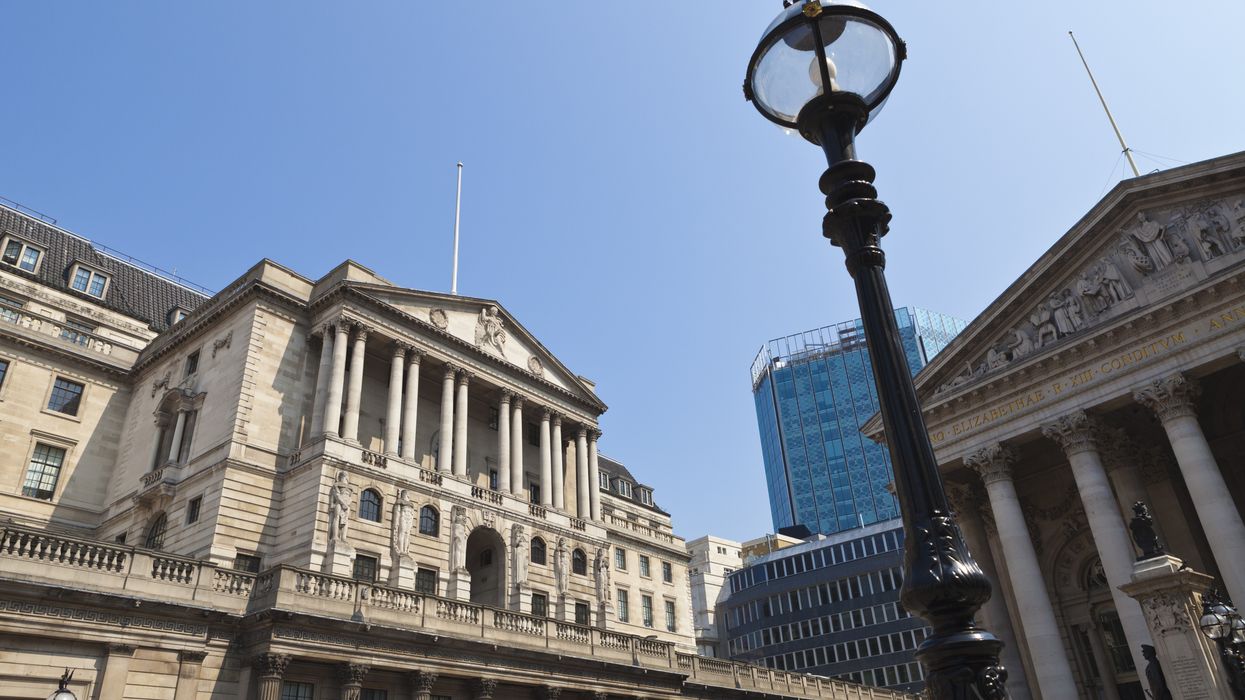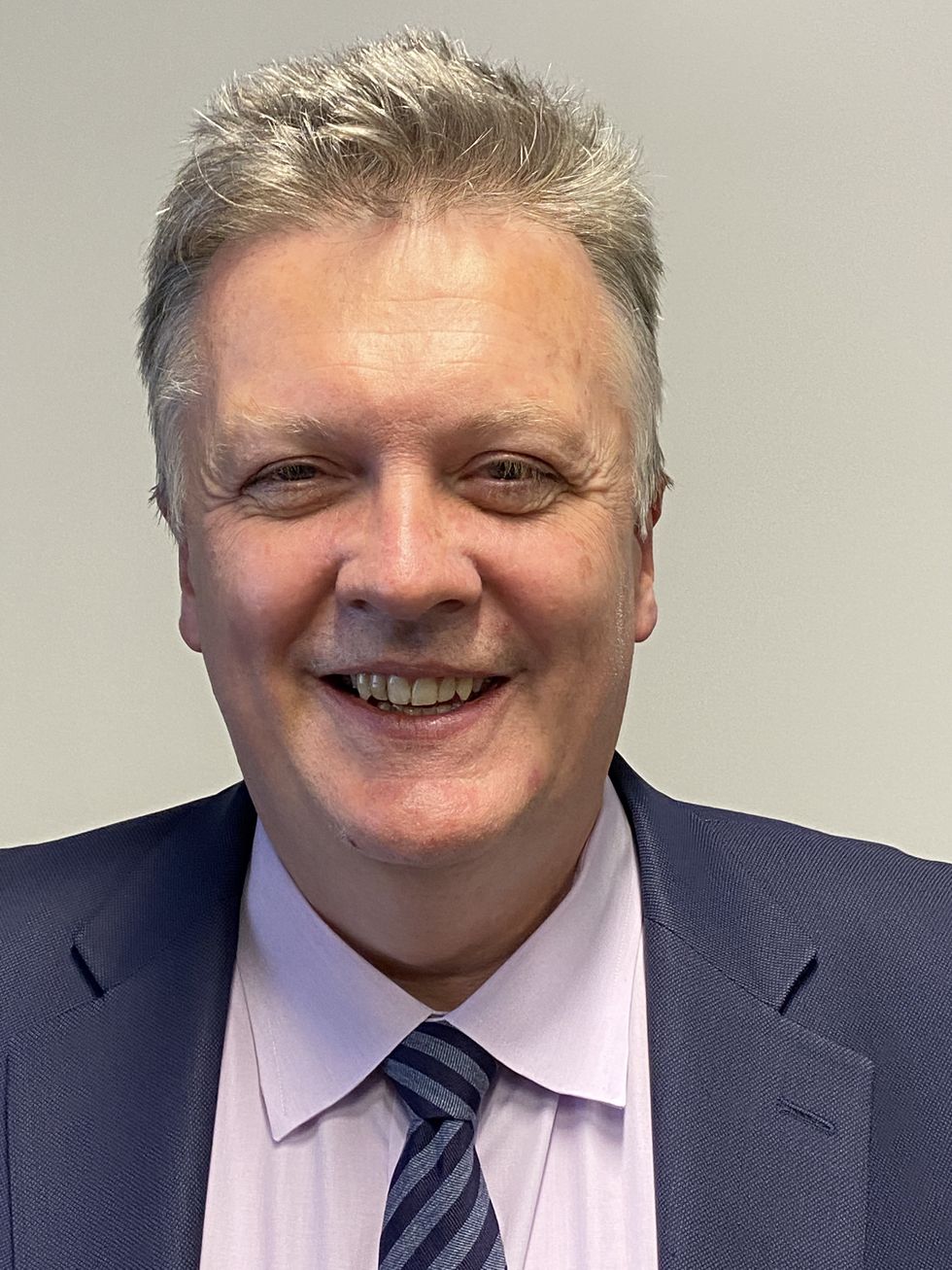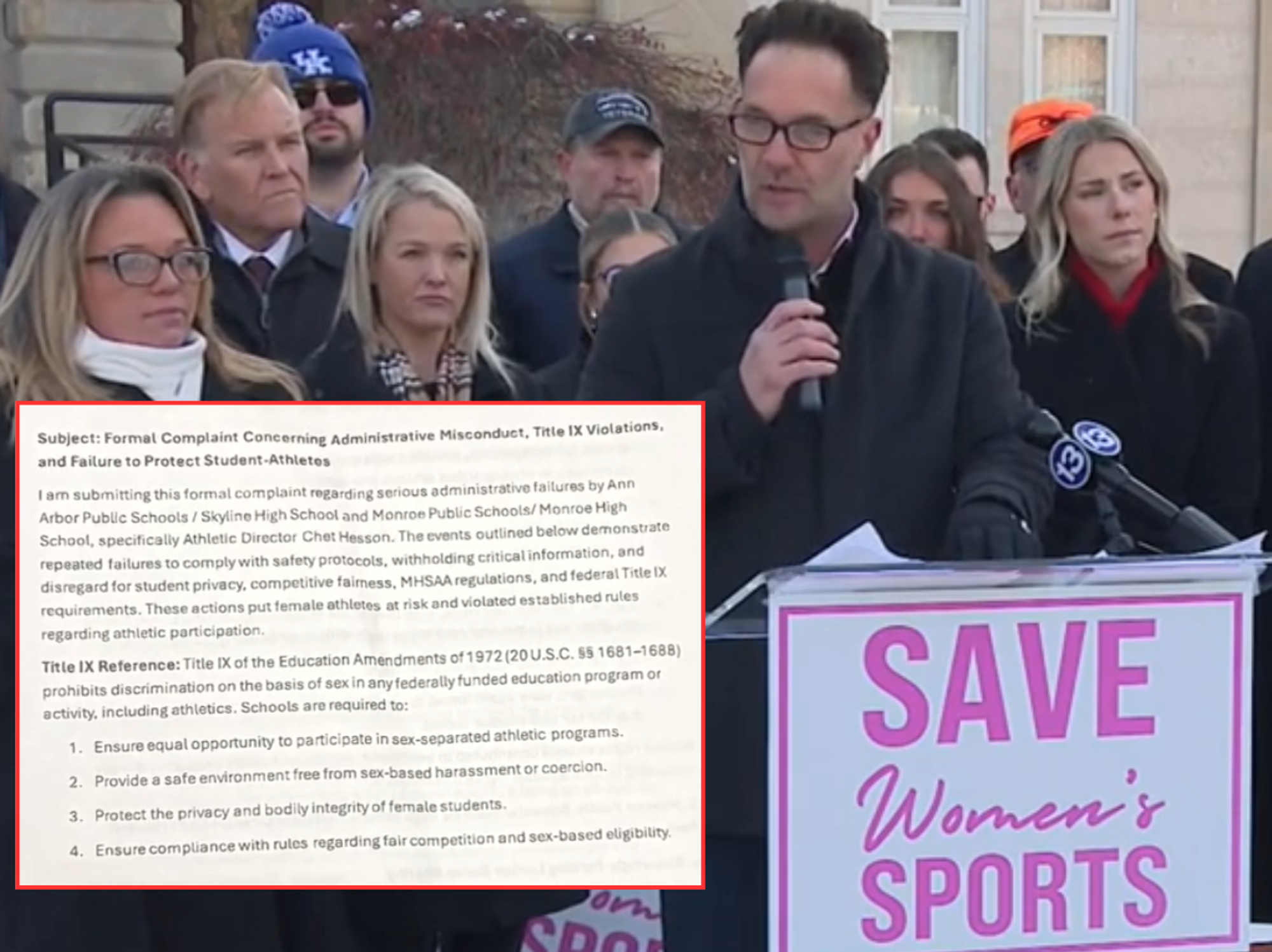Interest rates probably won’t return to pre-Covid levels, Bank of England economist warns

The Bank of England voted to keep the base rate at 5.25 per cent last week
|GETTY

The Bank of England voted to maintain the base rate for a second consecutive time last week after 14 interest rate hikes in a row
Don't Miss
Most Read
Latest
Interest rates will probably be higher in the long run than they were in the 2010s but are likely to come down from current 15-year highs, the top Bank of England economist has said.
Huw Pill, Chief Economist at the Bank of England, said the Monetary Policy Committee (MPC), which sets the base rate which lenders use to decide their interest rates, said rates should probably offset inflation and provide a small return for shareholders.
He said that as inflation comes closer to the two per cent target, rate-setters will look for a new normal.
Mr Pill said where interest rates will settle is somewhat of a “philosophical question”.
WATCH NOW: Liam Halligan speaks ahead of last week's Base Rate decision
The economist hopes the central bank will be able to operate in future with fewer outside shocks – citing the COVID-19 pandemic and the economic impact of the war in Ukraine – which can allow it to set rates in a more stable environment.
He said: “The way we think about it is the level of interest rates, the level of bank rate, you might think about it as being related to inflation: so it has to cover someone who’s holding a bank deposit … they probably want to be compensated for inflation.
“We’re targeting inflation at two per cent. So, you need an interest rate of two per cent to cover that. And then, you know, people put their money in the bank to save. They’re expecting some return on that.”
Mr Pill added: “So, you might want to add a little bit, say half a percentage point, one percentage point, to that two per cent compensation you need for inflation as a real return.”
It leaves people with an “imprecise number”, the economist said, adding that it is “a number that’s below where we are in terms of interest rates, but probably nonetheless higher than the interest rates that we had in the pre-Covid era”.
“That’s because in the pre-Covid we were still dealing with the fallout of the financial crisis, rather than being restrictive we had to be supportive of the economy.”
Mr Pill continued: “The situation that created rates at zero pre-Covid was an exceptional situation.”
The MPC maintained interest rates at 5.25 per cent last week.
It was the second time in a row it has left the base rate unchanged following 14 consecutive rises in nearly two years.
Inflation has been easing in recent months, with Consumer Prices Index (CPI) inflation falling from a peak of 11.1 per cent in October 2022.
LATEST DEVELOPMENTS:

Bank of England Chief Economist Huw Pill said interest rates will probably be higher in the long run than they were in the 2010s
|PA
The Consumer Prices Index (CPI) rose by 6.7 per cent in the 12 months to September 2023, the same rate as in August.
On Friday, Mr Pill said Britain’s persistently high inflation would not necessarily fall quickly as demand slows.
Speaking during an online presentation organised by the central bank, he said: "The overall judgments of the MPC has a little bit switched from being associated with demand factors to be more associated with supply factors.
"We can be less sanguine about the idea that the slowing of demand, the slowing of activity that we are seeing will lead to inflation returning to target."










